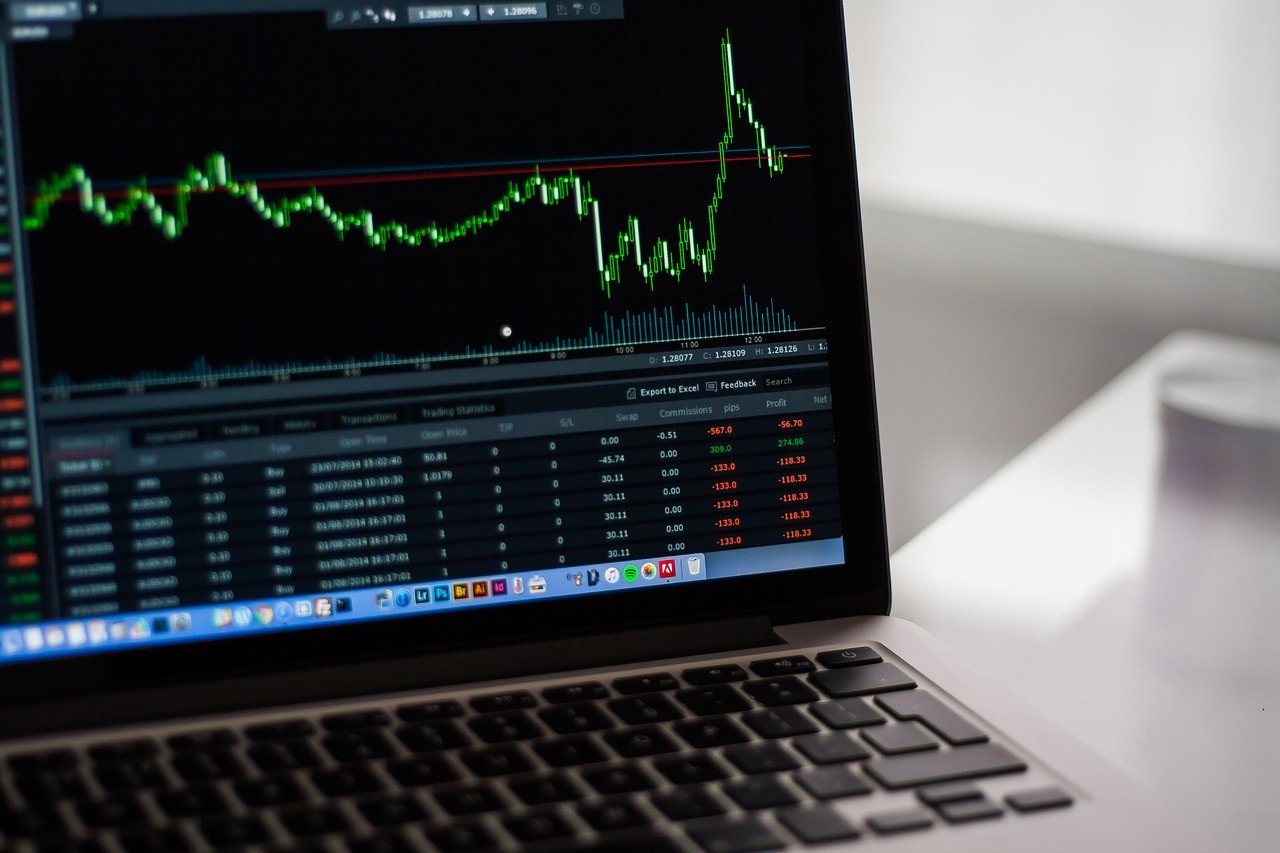
Stocks in Asia have posted increases following news that the US and China have agreed in principle to an initial "phase one" trade deal.
Negotiators from the US and China have agreed in principle to an initial trade deal, easing tension between the world's top economies and prompting stocks in Asia to experience jumps.
Following the news, Japan's Nikkei 225 increased by 2.4% while Hong Kong's Hang Seng Index surged by 2.1%, the biggest daily gain in over two months. South Korea's Kospi went up by 1.3% and China's Shanghai Composite rose by 1.2%.
While the deal is yet to be formally announced, US President Donald Trump has approved it. According to US officials, the agreement is expected to push back another round of US tariffs on Chinese products scheduled to take effect Sunday.
Under the agreement, existing tariff rates will be reduced in exchange for Chinese purchases of US farm goods. Details of the so-called phase one of the deal have already been announced by both countries two months ago but they have been unable to agree on specific items.
Stephen Innes, a market strategist for Asia Pacific at Axi Trader, claimed that the next phase of the trade talks could be "even trickier" as there remains significant points of tension between the two countries.
The US House of Representatives has passed a bill that condemns the “arbitrary detention, torture, and harassment” of Uighur Muslims in China. The House bill, called the Uighur Human Rights Policy Act 2019, calls for “targeted sanctions” on members of the Chinese government, including Communist Party secretary in the Xinjiang autonomous region, Chen Quanguo.
The bill’s passage comes just days following President Trump’s decision to sign into law a bill that supports pro-democracy protesters in Hong Kong, which also angered China.
Innes also mentioned that the US presidential election next year could also push trade talks into a "stasis phase".






